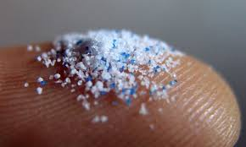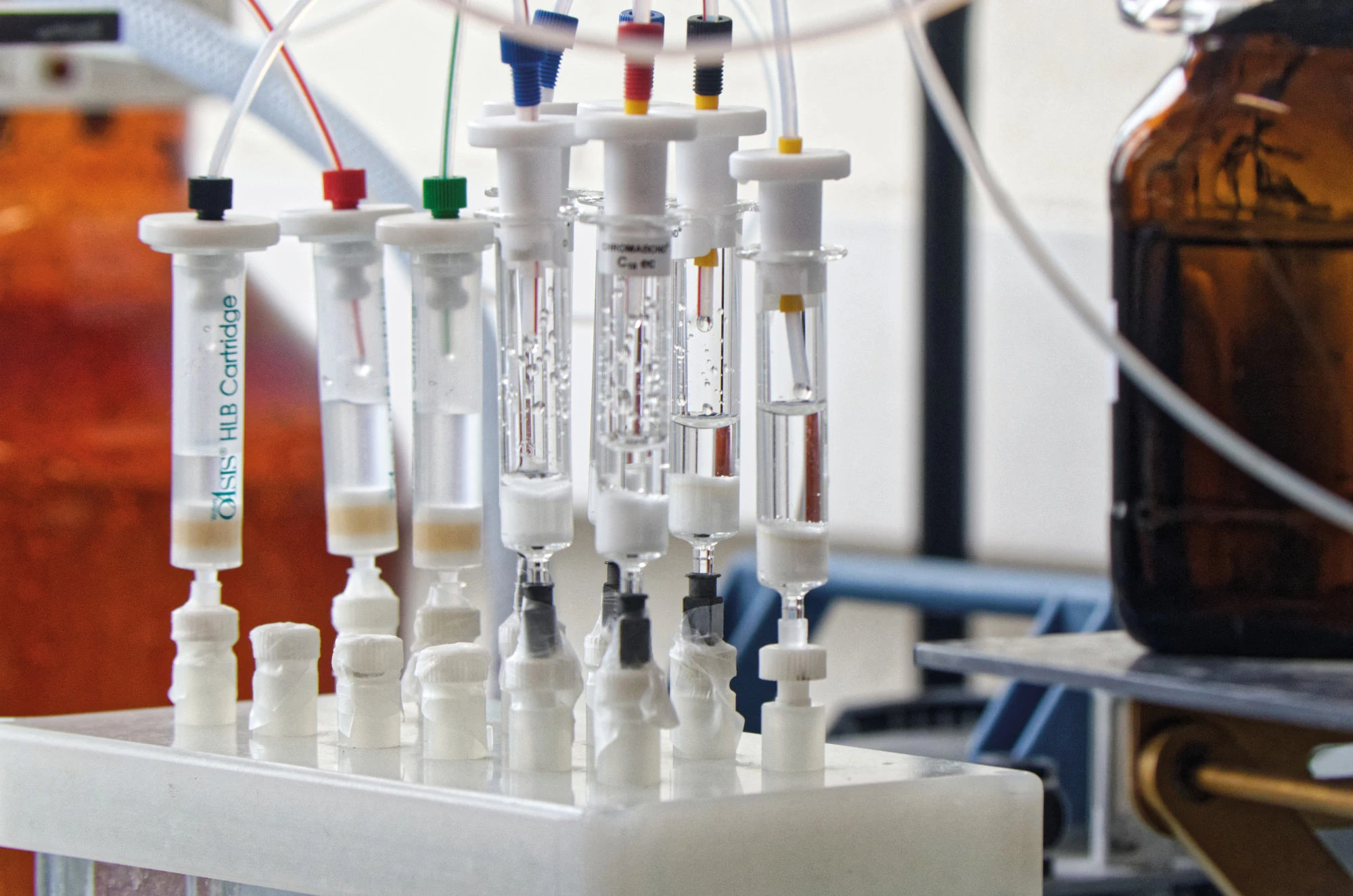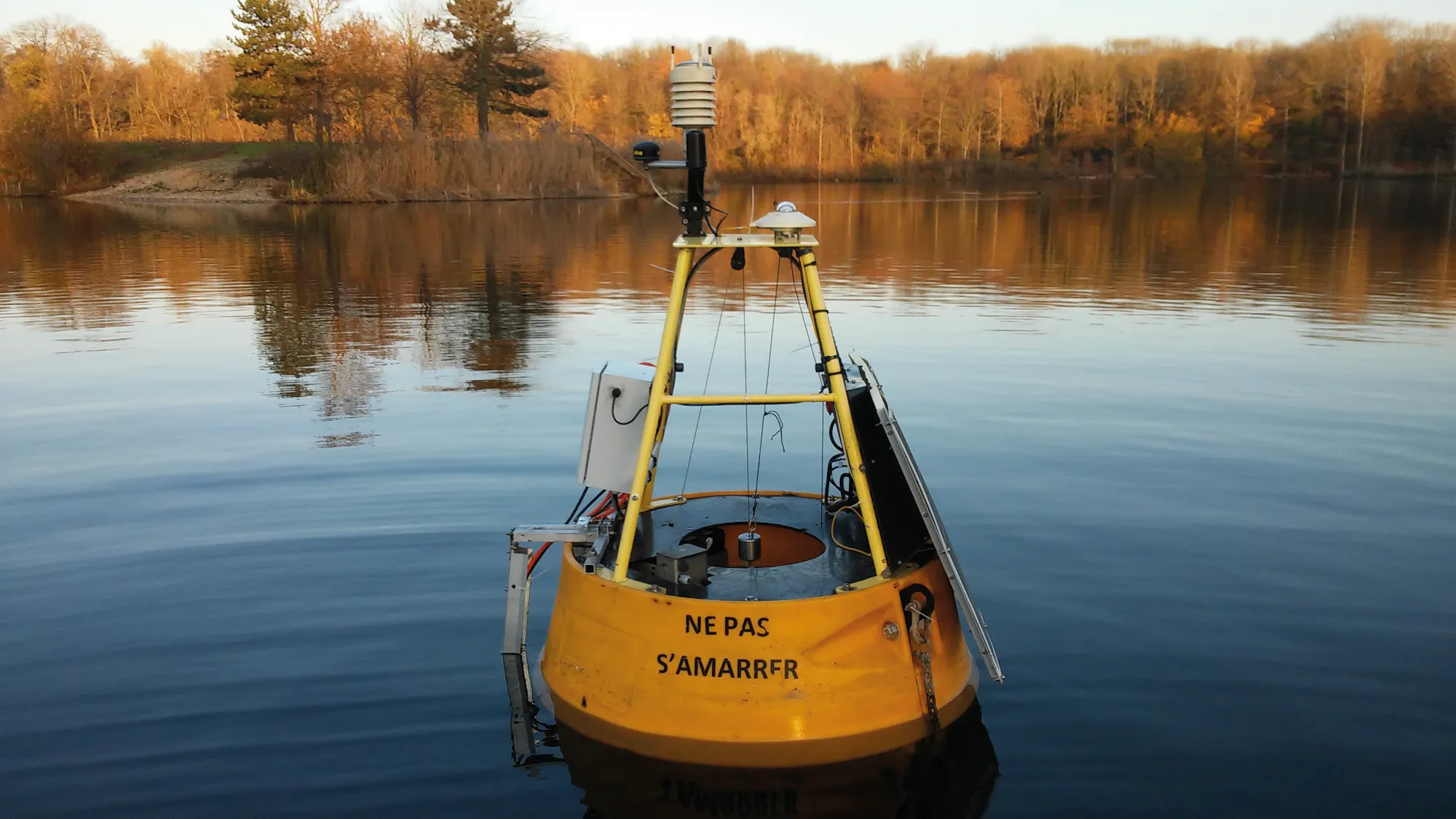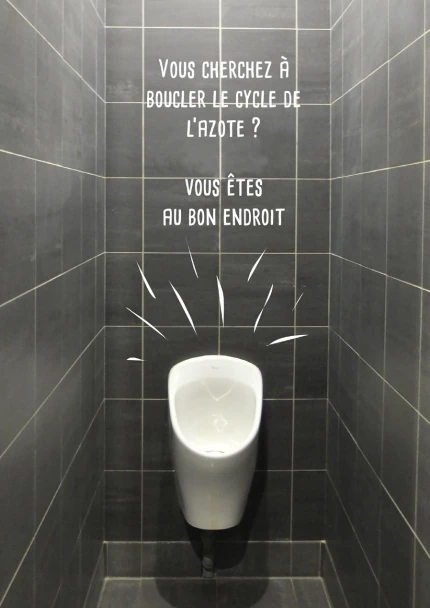- Recrutements
- Contacts
- Annuaires
- Choix du langage :
Dernières publications
950.
- titre
- Do suspended particles matter for wastewater-based epidemiology?
- auteur
- Gauthier Bernier-Turpin, Régis Moilleron, Chloé Cenik, Fabrice Alliot, Sabrina Guérin-Rechdaoui, Thomas Thiebault
- article
- , In press, 280, pp.123543. ⟨10.1016/j.watres.2025.123543⟩
- titre
- Stock and vertical distribution of microplastics and tire and road wear particles into the soils of a high-traffic roadside biofiltration swale
- auteur
- Max Beaurepaire, Tiago de Oliveira, Johnny Gasperi, Romain Tramoy, Mohamed Saad, Bruno Tassin, Rachid Dris
- article
- , 2025, 373, pp.126092. ⟨10.1016/j.envpol.2025.126092⟩
- titre
- Assessing water quality restoration measures in Lake Pampulha (Brazil) through remote sensing imagery
- auteur
- Alexandre Assunção, Talita Silva, Lino de Carvalho, Brigitte Vinçon-Leite
- article
- , 2025, ⟨10.1007/s11356-025-35914-6⟩
- titre
- How to monitor and forecast microbiological quality in bathing sites in urban water bodies? The La Villette study site (Paris)
- auteur
- Arthur Guillot - Le Goff, Natalia Angelotti de Ponte Rodrigues, Rémi Carmigniani, Brigitte Vinçon-Leite
- article
- , 2025, TSM 12/2024, pp.219-228. ⟨10.36904/tsm/202412219⟩
- titre
- Modelling evapotranspiration in urban green stormwater infrastructures: Importance of sensitivity analysis and calibration strategies with a hydrological model
- auteur
- Ahmeda Assann Ouédraogo, Emmanuel Berthier, Jérémie Sage, Marie-Christine Gromaire
- article
- , 2025, 185, pp.106319. ⟨10.1016/j.envsoft.2025.106319⟩
Offre de stage M2 ou ingénieur au Leesu en 2020 : WaterOmics
publié le , mis à jour le
Offre de stage de recherche pour niveau Master 2 ou Ingénieur 3ème année (6 mois) en 2020 au Leesu : Développement de méthodes de traitement de données de spectrométrie de masse haute résolution pour la caractérisation des eaux urbaines
Contexte scientifique du stage
De nombreux polluants sont présents dans les eaux urbaines mais leur comportement et leurs transformations dans les stations de traitement des eaux usées et dans l’environnement sont peu connus. Le développement de la spectrométrie de masse haute résolution (HRMS) permet d’analyser de manière non-ciblée les eaux et d’identifier des produits inconnus. Les méthodes actuelles de traitement de données issues d’analyses en HRMS sont longues et complexes et nécessitent des approches statistiques et l’utilisation d’algorithmes de détection et d’analyse des données complexes. De plus, les logiciels propriétaires installés sur l’instrument d’analyse ne permettent pas de traiter les données de manière satisfaisante (manque d’outils statistiques ou graphiques de plus en plus utilisés dans la communauté). Des outils complémentaires (ex. algorithmes libres, outils statistiques et graphiques supplémentaires) peuvent donc être utilisés mais nécessitent une part importante de développement.
Cadre et partenaires du projet
Le stage s’insère dans le cadre du projet de recherche WaterOmics financé par l’Agence Nationale de la Recherche (2017-2021). Ce projet s’intitule « Traquer les micropolluants organiques dans les eaux urbaines par spectrométrie de masse haute résolution : approches omiques, empreintes et indices » et comporte trois tâches de recherche :
- Développement analytique de protocoles pour la caractérisation de polluants dans les eaux usées par HRMS
- Développement de méthodes de traitement de données et d’indices
- Application des méthodes développées aux eaux urbaines (performance du traitement des polluants dans les eaux usées).
Une thèse est en cours sur ce projet (Nina Huynh).
Objectifs du stage
Le stage s’insèrera dans la tâche 2 du projet WaterOmics (développement des méthodes de traitement de données) et consiste principalement en des aspects data science. Les objectifs sont les suivants :
- Poursuivre le développement d’une application (R / shiny) pour le traitement de données issues de l’analyse en HRMS, incluant diverses méthodes statistiques et graphiques.
- Utiliser un package de traitement de données (Patroon, développé sous R) rassemblant plusieurs algorithmes libres, et l’adapter aux besoins du projet de recherche (extraire des données d’intérêt, ex. formules brutes proposées par les algorithmes).
- Développer des méthodes de caractérisation de polluants à partir des données (basées sur des méthodes existantes et documentées, ex. défaut de masse, diagrammes de Van Krevelen…)
Profil recherché
Formation de niveau M1 ou M2 ou équivalent :
- Compétences en statistiques avancées
- Compétences en programmation et utilisation de langages de programmation utilisés pour le traitement de données (ex. R ou python). Le candidat devra être capable de prendre en main le langage R rapidement.
- Aisance dans la rédaction de rapport et bon niveau d’anglais souhaitable
Caractéristiques du stage proposé
- Début du stage : mars/avril 2020
- Durée du stage : 5-6 mois
- Candidature : envoi de curriculum vitae détaillé et de lettre de motivation à Julien Le Roux et Nina Huynh
- Indemnité de stage : environ 450 € / mois
- Lieu du stage : Université Paris-Est Créteil, Laboratoire eau, environnement, et systèmes urbains (LEESU), 61 avenue du Général de Gaulle, 94010 CRETEIL Cédex
Pilotes du projet : Julien Le Roux et Régis Moilleron









 Productions scientifiques
Productions scientifiques Moyens techniques et équipements
Moyens techniques et équipements Expertise et disciplines
Expertise et disciplines


